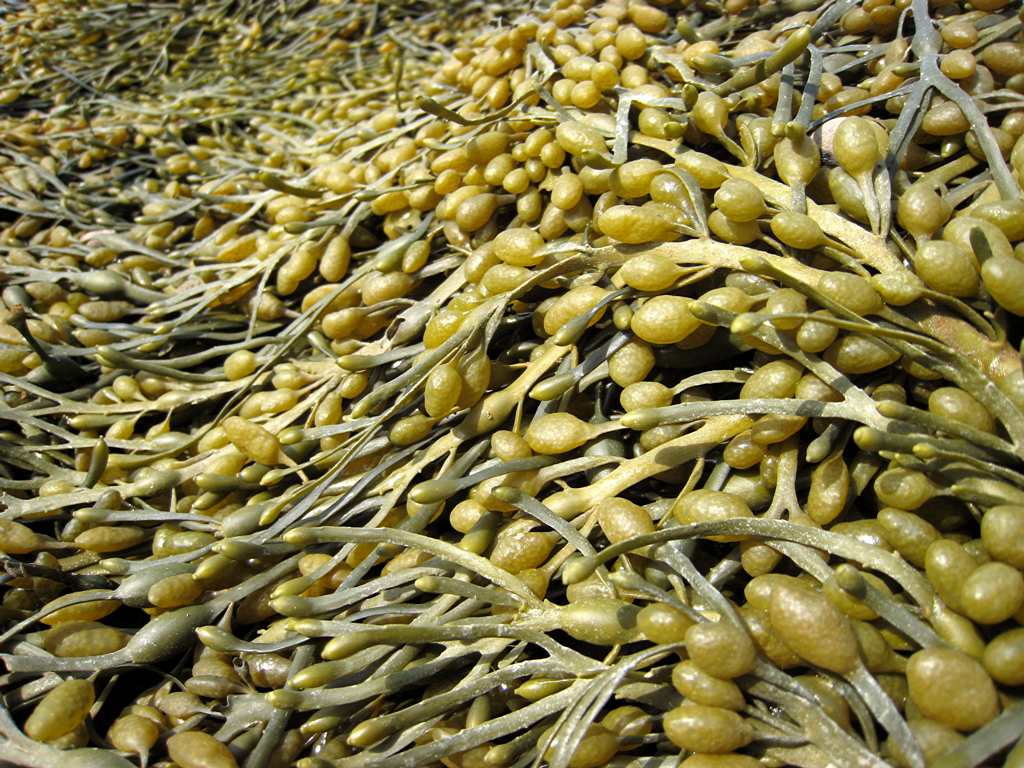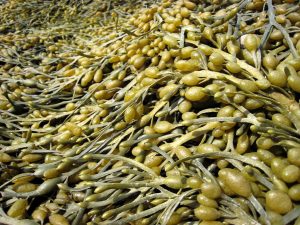
New paper on intertidal alternate states

Menge, B. A., M. Bracken, J. Lubchenco, and H. M. Leslie. 2017. Alternative state? Experimentally-induced Fucus canopy persists 38 years in an Ascophyllum-dominated community. Ecosphere, doi: 10.1002/ecs2.1725.
Experimental tests of the hypothesis that ecological communities can exist in “multiple stable states” are rare, and some argue, impossible, because of the unlikelihood that any system will meet the necessary criteria. These are that alternative states (1) are in the same location, (2) experience the same environment, (3) persist for multiple generations, (4) resist repeated perturbations, and (5) result from a pulse manipulation. In 1974, we initiated an experiment testing the ability of Ascophyllum nodosum-dominated rocky intertidal communities to recover from complete canopy removal. Manipulations were monitored frequently for 5 yr after clearance and resurveyed again after a 35-yr hiatus. After clearance, Ascophyllum was replaced immediately by another fucoid alga, Fucus spp, which continued to dominate the space through 1979 despite regular annual recruitment by Ascophyllum. Observations in 2009 revealed that Fucus spp. still dominated the cleared plots. Surveys in 2011 and 2013 demonstrated that Fucus persisted in experimental plots and Ascophyllum persisted in adjacent, unmanipulated plots. All criteria for testing an alternative state were met. Fucus persisted through multiple generations of both fucoids, a steady annual rain of recruits of both species, a high frequency of storm-driven perturbations, and it resulted from a pulse manipulation. Likely mechanisms include poor Ascophyllum recruitment directly under the Fucus spp. canopy despite abundant recruitment in adjacent areas, self-maintenance by Fucus spp. through high recruitment and fast growth, and recruitment facilitation of Fucus by the barnacle Semibalanus balanoides. Several lines of evidence indicate that other possible mechanisms including indirect facilitation of fucoids through predation on competitors (mussels), and positive or negative effects of littorine grazing, are unlikely. Although prior results in Maine suggested that the mussel Mytilus edulis was an alternative stable state, the new results suggest that Fucus spp. was the alternative state to Ascophyllum. During the nearly four decades of this experiment, a number of important species including fucoids, littorine grazers, and mussels all declined in abundance, most likely due to climate change. The presumed impact of climate change makes prediction of the long-term response of this system difficult, but it already differs dramatically from its structure in the 1970s.
